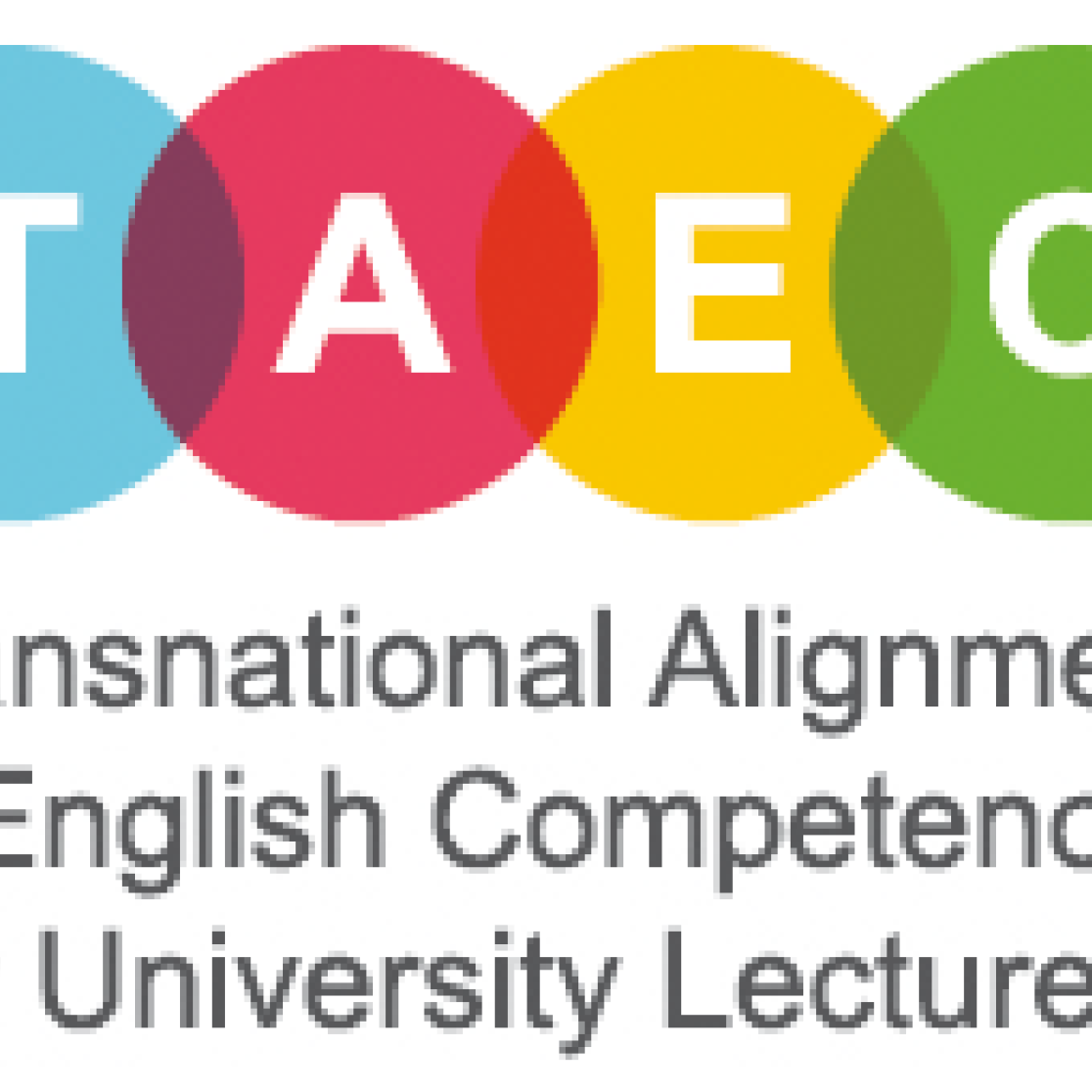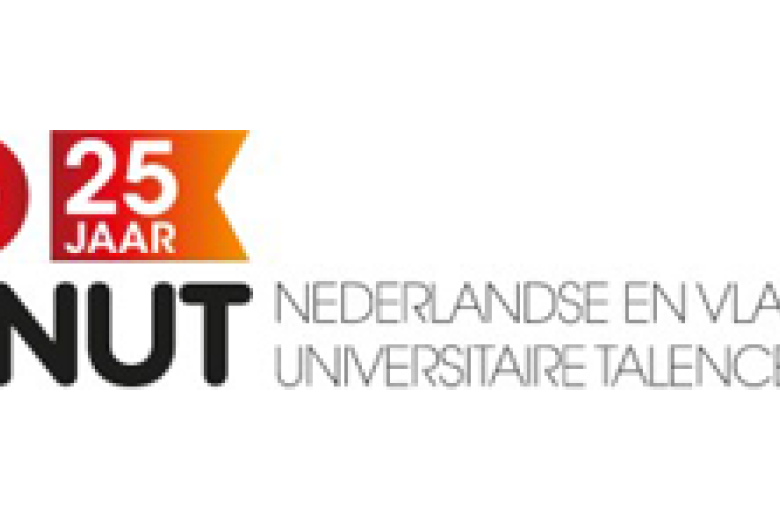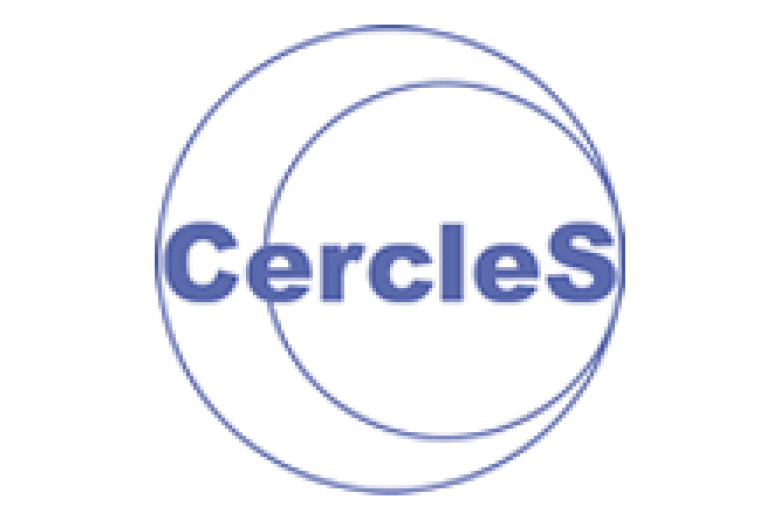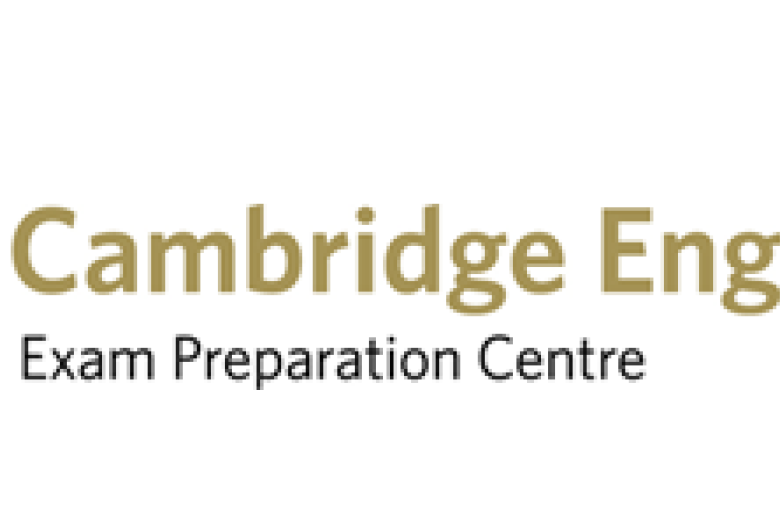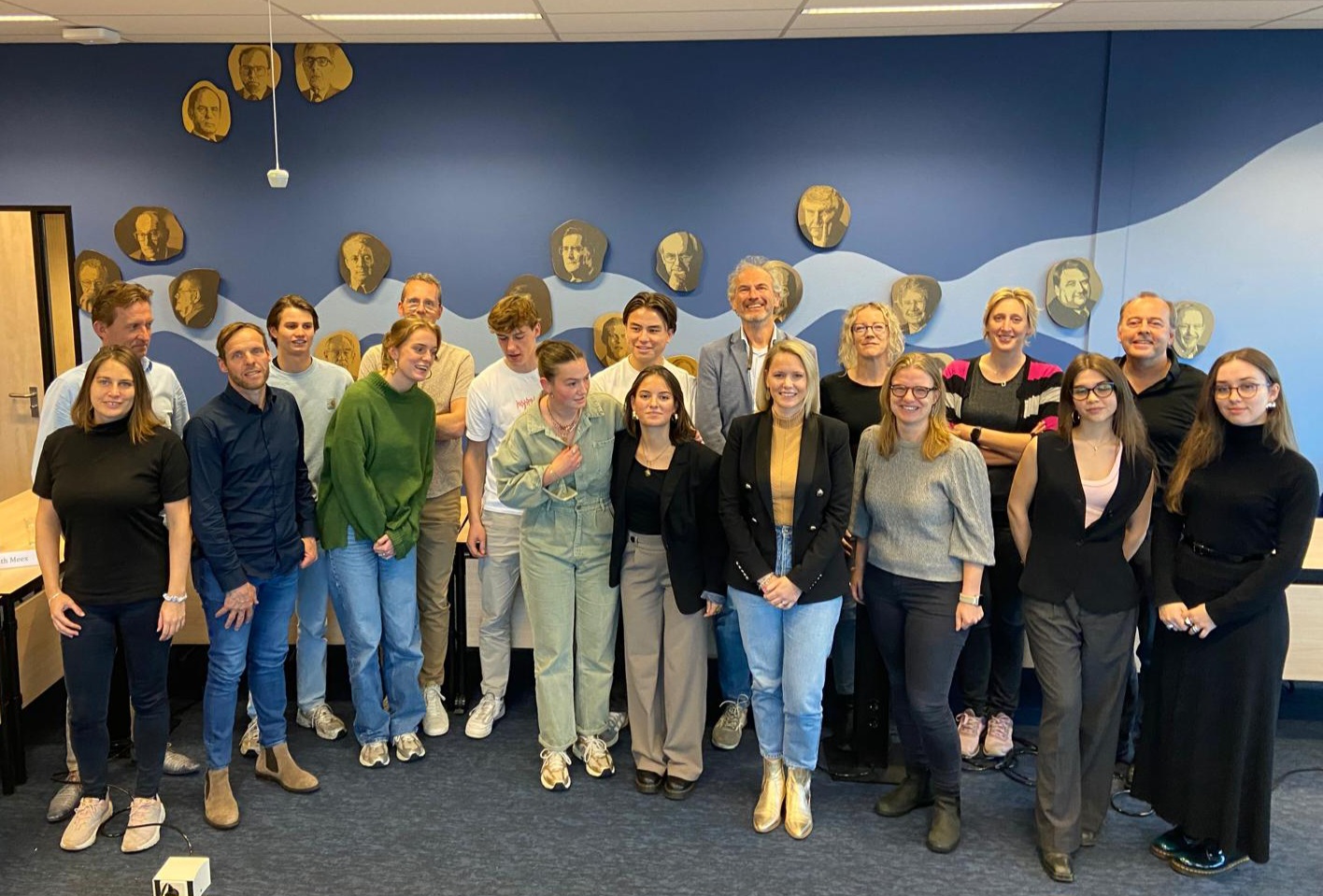You can take a Colloquium Doctum if you meet the following conditions:
- You are at least 21 years old at the start of the programme you applied for.
- You apply before 1 June 2025 the latest for the programme via Studielink (Global Studies see below).
- You submit the Colloquium Doctum application form (see below) before 1 June 2025.
Before you can participate in the Global Studies Colloquium Doctum, the Board of Admissions has to have accepted your registration for the programme.
Recommended literature:
- William Cronon, ‘The Trouble with Wilderness; or Getting Back to the Wrong Nature’, in William Cronon (ed.) Uncommon Ground: Rethinking the Human Place in Nature (New York and London: Norton, 1996) 69-90.
- Boyd, D., & Crawford, K. (2012). Critical questions for big data: Provocations for a cultural, technological, and scholarly phenomenon. Information, Communication & Society, 15(5), 662- 679.
Behera, N.C. (2021). Globalization, deglobalization and knowledge production. International Affairs, 97: 1579-1597.
Global Studies
For the Bachelor Global Studies, UM strives to select students with a profound interest in one or more specific topics by a certain level of motivation. A wide range of criteria is used to determine the compatibility between your interests and the study programme. This means you need to write a motivation letter and an essay before you take the Colloquium Doctum Admissions exam. The deadline to submit the motivation letter and essay will be:
Non-EU/EEA, 1 March 2025
EU/EEA or Switzerland, 1 April 2025.
What will be tested?
During the Colloquium Doctum, we will test your understanding of a number of assigned texts (dealing major themes in the history of the Western world). You will have to pass a written exam with essay questions.
The exam will be about the readings and the arguments in these readings. We will not ask questions about historical developments that are outside the scope of the articles. It is important to read the three articles carefully and to understand their major ideas and reasoning. The exam will also test your ability to write and communicate ideas in the English language. In case the Colloquium Doctum committee has doubts about your English language proficiency, you are then required to submit (examsesc-fasos@maastrichtuniversity.nl) a language test certificate before 1 August 2025. Please find detailed information on our language requirements here.
The result
If you pass the Colloquium Doctum exam, the Colloquium Doctum committee will send you a letter of acceptance for the program. After you meet all other registration requirements, we will finalize your registration.
In case you fail the Colloquium Doctum, the Colloquium Doctum committee will send you a rejection letter, meaning that we cannot admit you to the program.
The Faculty does not offer a resit for the Colloquium Doctum. A candidate may retake the Colloquium Doctum in a next academic year.
Application
| Step 1 | Apply for the programme via Studielink before or on 1 June 2025 (Bachelor Global Studies see below). Bachelor Global Studies: Your motivation letter and Essay have to be submitted before Non-EU/EEA, 1 March 2025 EU/EEA or Switzerland, 1 April 2025 to: upload at Studielink. |
| Step 2 | Apply for the Colloquium Doctum by filling out the application form before or on 1 June 2025 as well. Please submit this form to: examsesc-fasos@maastrichtuniversity.nl. |
| Step 3 | You will receive practical information (including a PDF file of the recommended literature) about the Colloquium Doctum on 1 June 2025 the latest. |
Exam date and administrative costs
The Colloquium Doctum Exam 2024 will take place on Tuesday 10 June 2025.
The costs for taking part in the Colloquium Doctum: €100,- .
The payment can be made by bank transfer only. You will receive information and an invoice in the 1st week of June 2025.
Location:
Note: the exam will take place at location of the FASoS faculty.
Grote Gracht 90-92
Maastricht
It is NOT possible to join the exam online.

